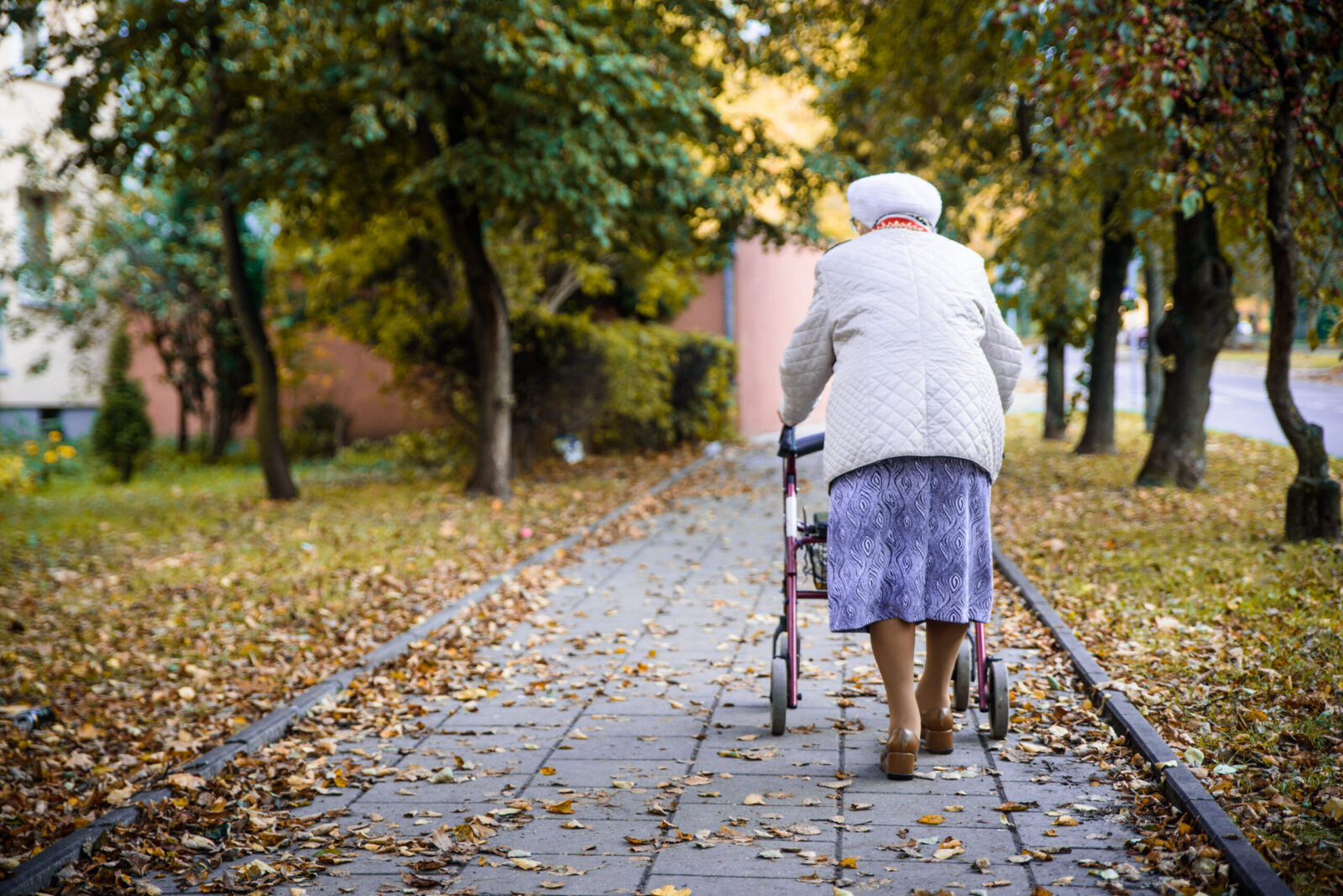

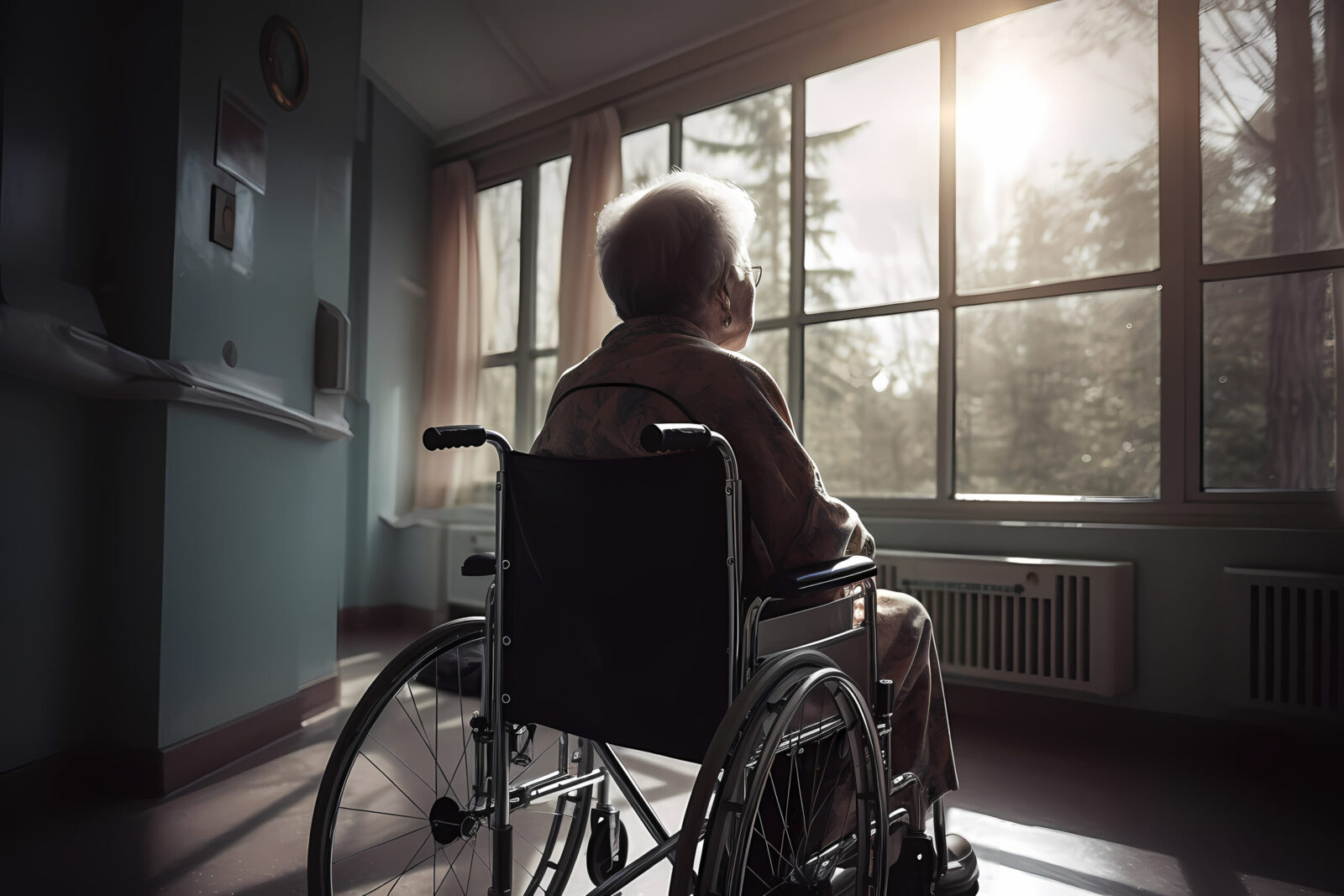
Normalizing Assisted Suicide Will Lead to a Duty to Die

Euthanasia Poisons People and Societies

Politico Promotes a Suicide
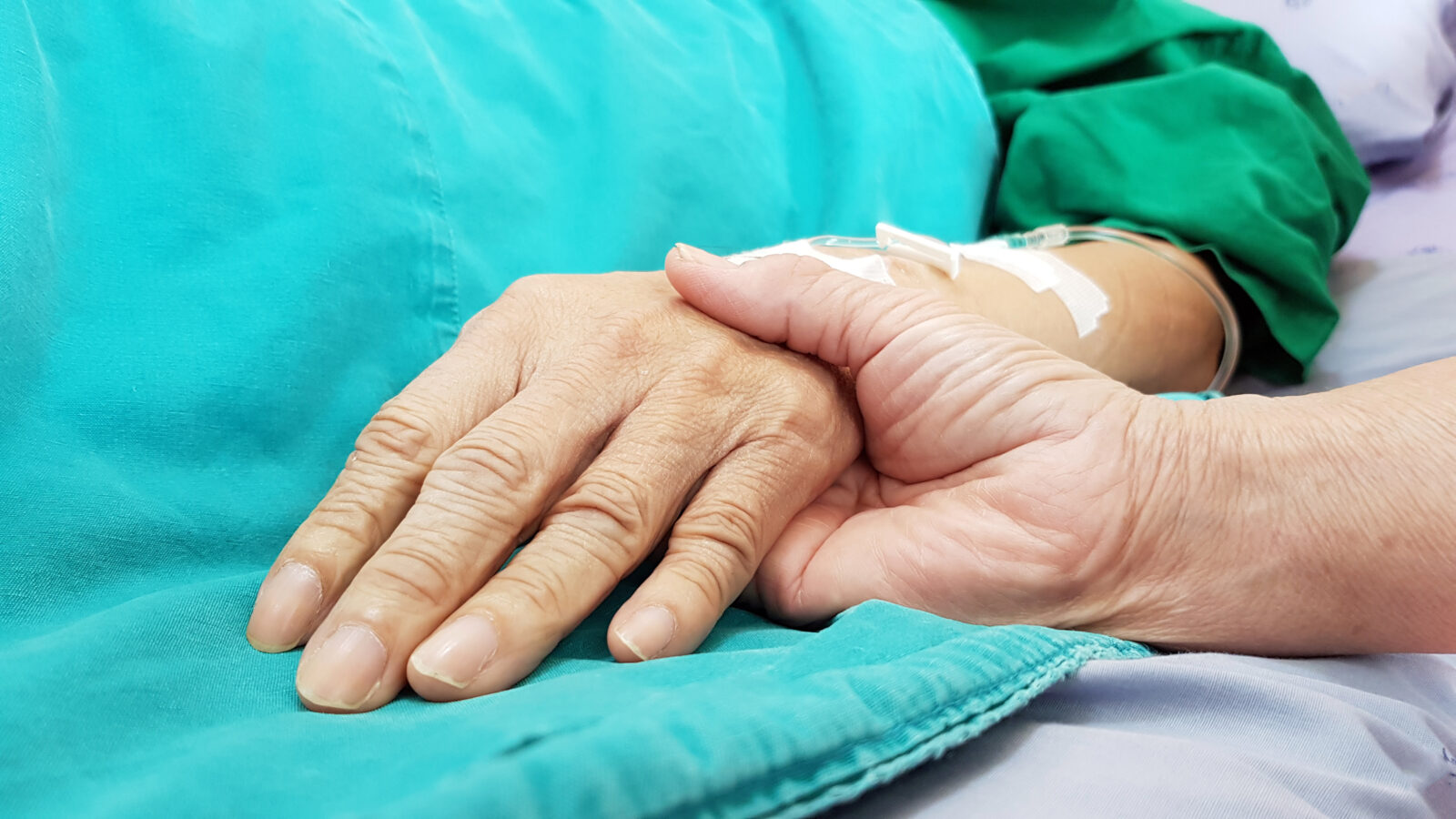
The Nationalization of Assisted Suicide Will Have Far-Reaching Consequences

Bioethicist Pushes Human Extinction in Prestigious Journal
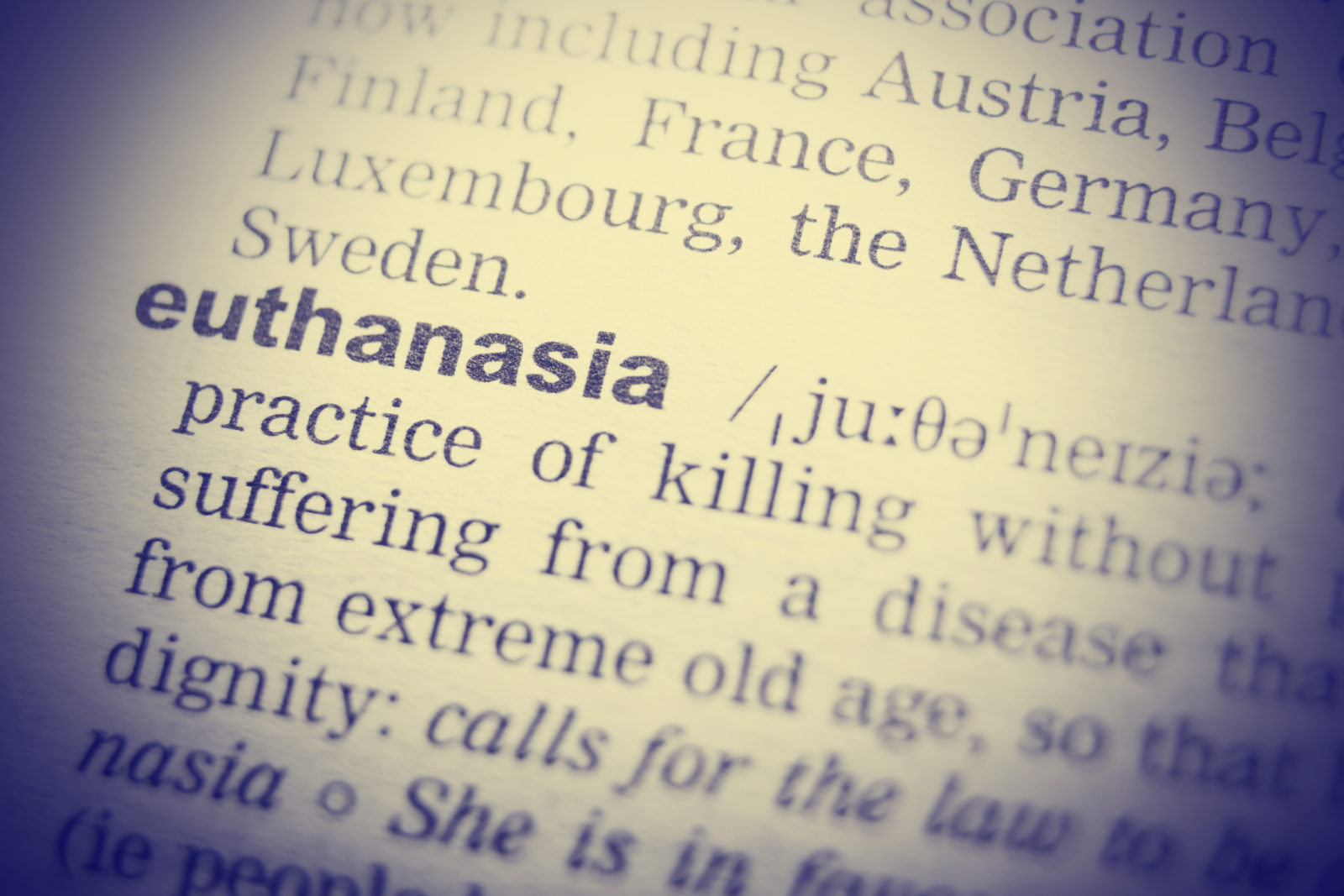
Legalizing Euthanasia Poisons a Nation’s Soul
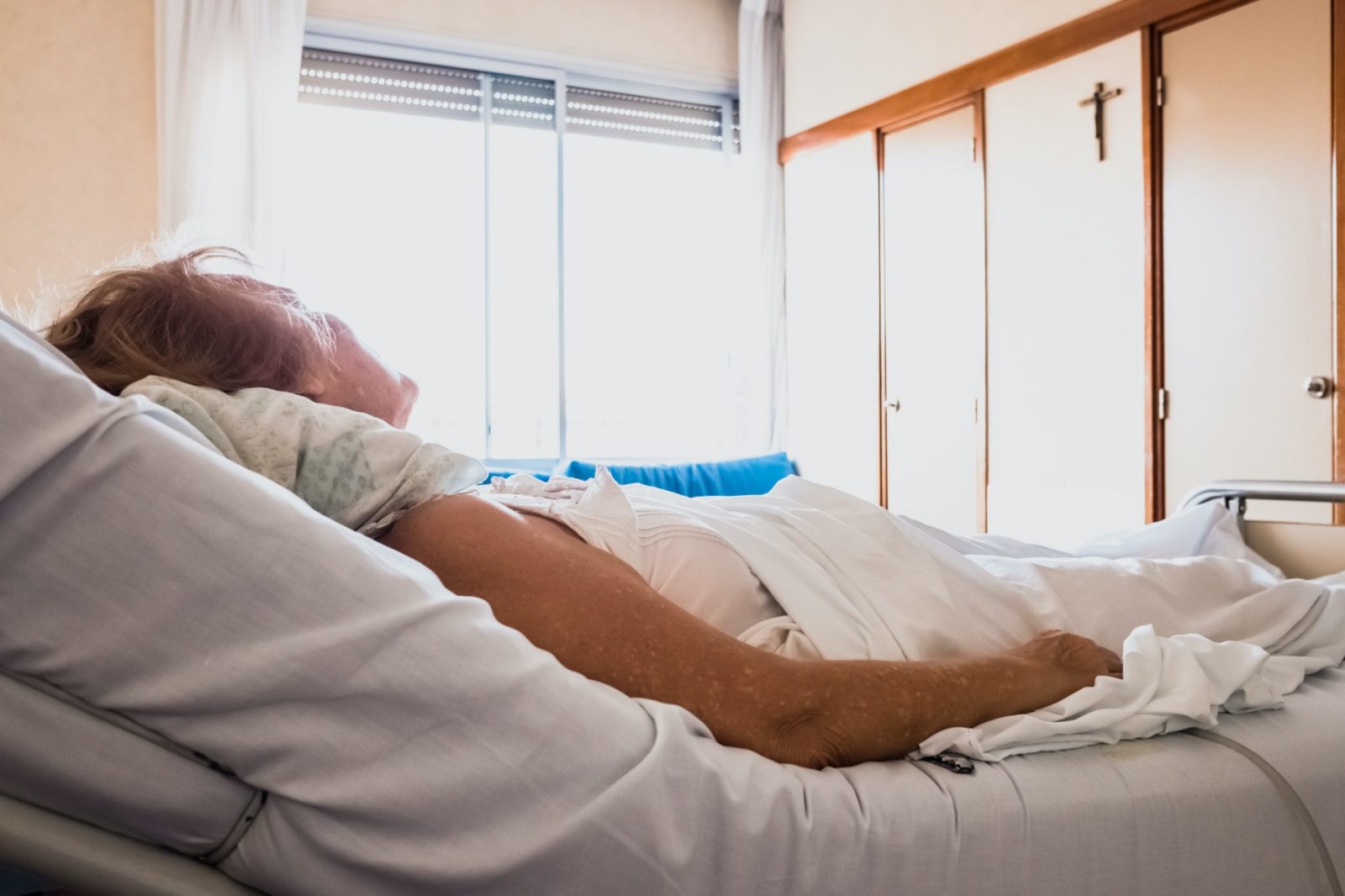
No to Killing for Organs

The Whispers of Strangers
